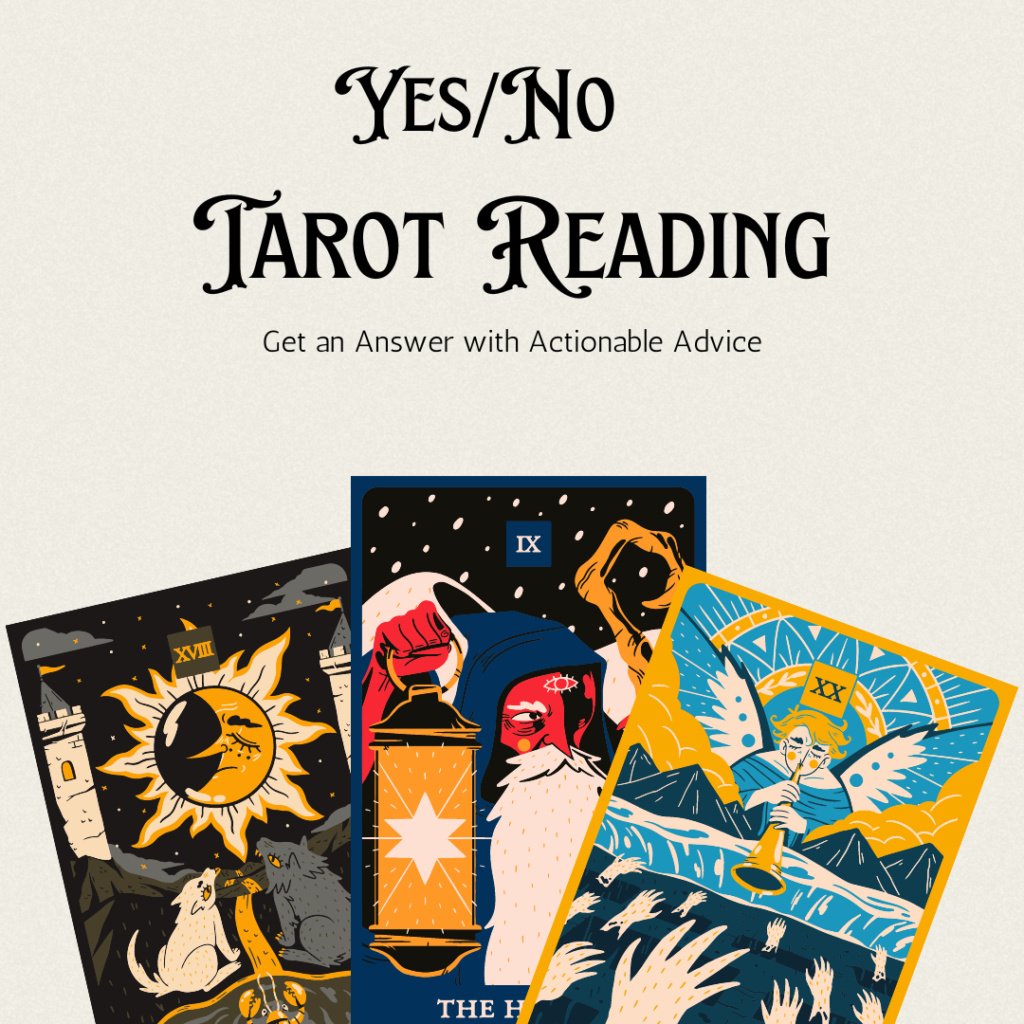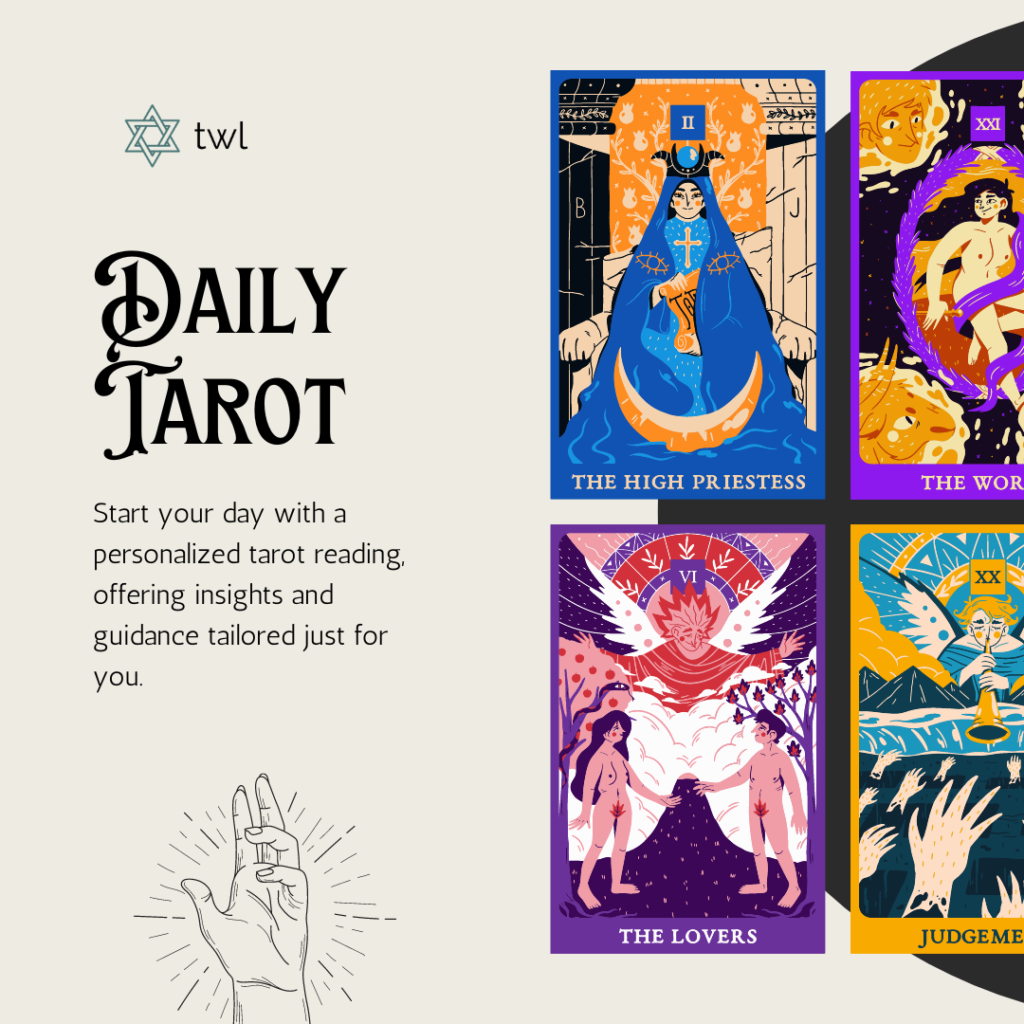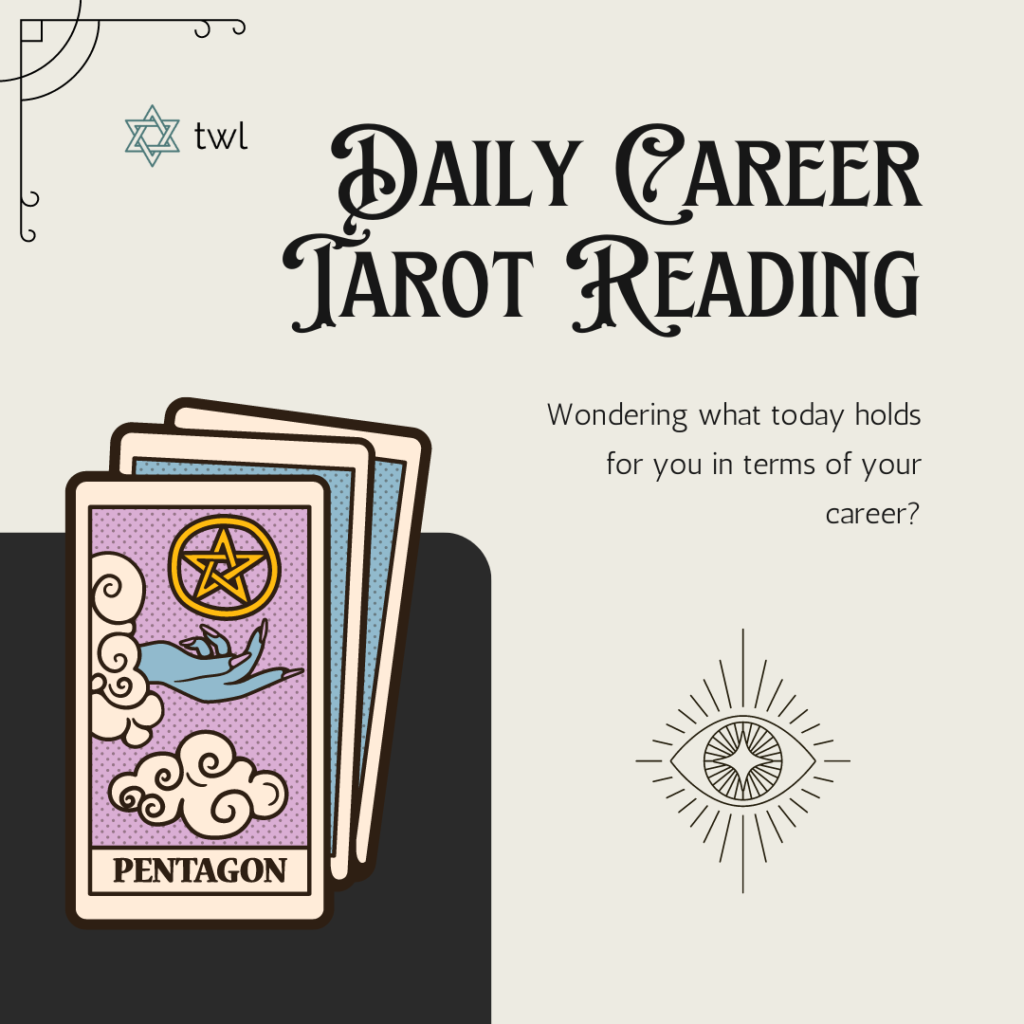Tarot is a powerful tool for self-reflection, guidance, and personal growth. However, the quality of your reading greatly depends on the questions you ask. While tarot can offer profound insights into your life, certain types of questions may limit its effectiveness or even lead to frustration. This blog highlights valid topics for tarot readings, explains why they work well with the practice, and discusses topics to avoid, offering practical and ethical reasoning.
Table of Contents
ToggleValid Topics for a Tarot Reading
Tarot is best suited for addressing questions that encourage self-awareness, exploration, and actionable steps. Here’s a deeper look at some of the most effective topics you can bring to a tarot reading:
1. Personal Growth and Self-Reflection
Tarot shines when it comes to introspection and self-improvement. It helps you uncover hidden blocks and recognize opportunities for growth.
What are my biggest blocks to personal growth?
This question helps identify limiting beliefs or patterns that may be holding you back from reaching your potential. Tarot can reveal subconscious influences that need attention.How can I overcome limiting beliefs?
Use tarot to explore actionable strategies for breaking free from negative thought patterns. Cards like The Fool or The Magician can guide you toward embracing courage and new perspectives.What is my life purpose?
While tarot can’t dictate your destiny, it can shed light on your strengths, passions, and areas of fulfillment, pointing you toward your higher calling.What lessons am I meant to learn in this lifetime?
Tarot can help you uncover recurring themes and challenges in your life, giving you the tools to navigate them with awareness.
2. Relationships
Tarot provides insight into the dynamics of your relationships, helping you nurture healthy connections and address conflicts.
What can I do to improve my communication with my partner?
Tarot can reveal emotional barriers or misalignments in communication styles and suggest ways to bridge the gap.Are there any unresolved issues in my relationships?
By exploring hidden tensions or unspoken feelings, tarot can guide you toward resolution and healing.How can I strengthen my bonds with loved ones?
Cards like The Two of Cups or The Sun may offer insights into how to foster deeper connections and create harmony in your relationships.What is the best way to handle a difficult relationship?
Tarot can help you assess whether to invest in improving a challenging relationship or consider stepping away for your well-being.
3. Career and Professional Path
Career-related questions are some of the most popular topics in tarot readings. They provide clarity on your goals, skills, and next steps.
What is my ideal career path?
Tarot can highlight your natural talents, passions, and the environment in which you’re likely to thrive.What skills should I focus on developing?
A reading can point to areas where growth or education may benefit your career.How can I overcome challenges in my current job?
Cards like The Chariot may offer insights into strategies for navigating workplace difficulties with resilience.What is the best time for me to make a career change?
Tarot can provide guidance on when the energies surrounding you might support a major transition.
4. Spiritual Growth and Life Purpose
Many turn to tarot to explore their spiritual journey and connect with their inner self.
What is my spiritual path?
Tarot can offer guidance on practices, beliefs, or areas of focus that align with your spiritual growth.How can I connect more deeply with my intuition?
Cards like The High Priestess may encourage you to trust your inner voice and explore practices that enhance intuitive awareness.What is the meaning of my dreams?
Tarot can help decode the symbolism in your dreams, connecting them to your waking life and emotional state.What is the significance of recurring symbols in my life?
Explore how recurring signs or patterns may be guiding you toward specific lessons or realizations.
5. Financial Questions
Tarot is not a financial advisor, but it can offer insights into attitudes, behaviors, and obstacles surrounding money.
What is blocking me from achieving financial stability?
A reading can uncover limiting beliefs or habits that may be hindering your financial progress.What steps can I take to improve my financial situation?
Cards like The Ace of Pentacles or The Eight of Pentacles may suggest practical ways to align your actions with financial growth.Is there a career path that would better align with my financial goals?
Tarot can provide guidance on paths that align with both your passions and financial aspirations.How can I manifest abundance in my life?
Use tarot to explore mindsets and actions that attract prosperity and growth.
Topics to Avoid in Tarot Readings
While tarot is a versatile tool, there are certain types of questions that are best avoided due to practical, ethical, or spiritual reasons. Here’s why these topics may not be suitable for a tarot reading:
1. Yes/No or Absolute Outcome Questions
Tarot works best with open-ended questions that explore possibilities and provide guidance, rather than definitive answers. Questions like “Will I get the job?” limit the depth of the reading and don’t account for free will or changing circumstances.
2. Medical or Legal Advice
Tarot is not a substitute for professional medical or legal advice. Asking tarot questions about illnesses, treatments, or legal outcomes can lead to inaccurate or misleading answers. Always consult a qualified professional for these matters.
3. Probing Into Third Parties
Focusing on other people’s thoughts or actions—like “What is my ex thinking?”—can breach ethical boundaries and lead to an unbalanced reading. Instead, focus on your own feelings and actions, such as “How can I heal from this relationship?”
4. Gambling or Luck-Based Questions
Questions about lottery numbers or gambling outcomes are beyond the scope of tarot, which focuses on personal growth and guidance rather than predicting chance outcomes.
5. Predicting Death or Pregnancy Details
Topics like predicting death or pregnancy-related specifics (e.g., gender, health) are not only ethically questionable but also inappropriate for tarot. These areas are sensitive and best addressed by medical professionals.
Conclusion
Tarot works best when approached as a tool for self-reflection, clarity, and growth. By focusing on meaningful topics—such as personal growth, relationships, career, and spirituality—you can unlock tarot’s full potential as a guide on your life journey. Avoid limiting or intrusive questions and instead embrace open-ended inquiries that encourage introspection and action.
The answers you seek are often already within you—tarot simply helps illuminate the path forward. With the right questions, you can use tarot to find clarity, make better choices, and navigate life with greater confidence and purpose.
FAQs
People Also Ask For
Here are some common questions that people generally ask about Tarot reading
Open-ended questions that encourage self-reflection, guidance, and actionable insights work best. Examples include, “What steps can I take to improve my relationships?” or “How can I overcome challenges in my career?” These types of questions allow tarot to explore possibilities and provide deeper clarity.
Yes/no questions limit the depth of the reading and don’t account for the complexities of free will or changing circumstances. Tarot is more effective at exploring the “why” and “how” behind a situation, offering guidance for thoughtful decision-making rather than definitive answers.
No, tarot is not a substitute for professional medical or legal advice. Questions about illnesses, treatments, or legal cases should always be directed to qualified professionals. Tarot can complement these areas by offering emotional support or clarity, but it cannot provide definitive answers.
It’s generally considered unethical to use tarot to pry into someone else’s private life. Instead of asking, “What is my ex thinking?” focus on questions like, “How can I heal from this relationship?” This keeps the reading centered on your personal growth and avoids invading someone else’s boundaries.
Yes, tarot can provide valuable insights into your financial habits, career challenges, and professional growth. Questions like “What is blocking me from financial stability?” or “What skills should I develop for my career?” can help you identify actionable steps and align with your goals. However, it’s not a financial advisor and should be used alongside practical decision-making.
Share Post :





